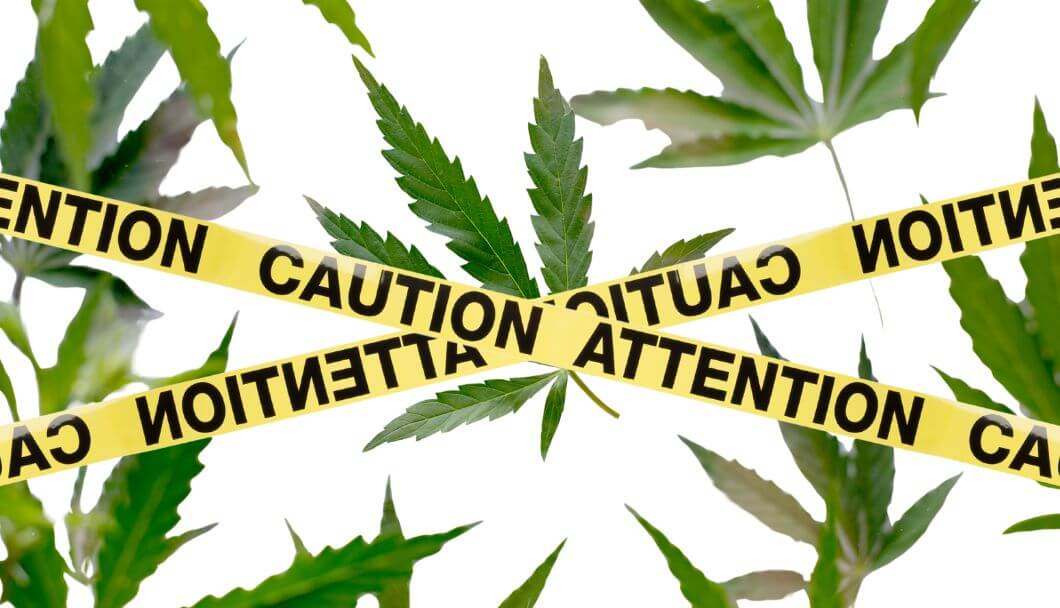
A New Zealand-born doctor, now residing in Australia, and an advocate for medicinal cannabis use, is ringing the alarm bells when it comes to cannabis use while also on immunotherapies.

A New Zealand-born doctor, now residing in Australia, and an advocate for medicinal cannabis use, is ringing the alarm bells when it comes to cannabis use while also on immunotherapies.
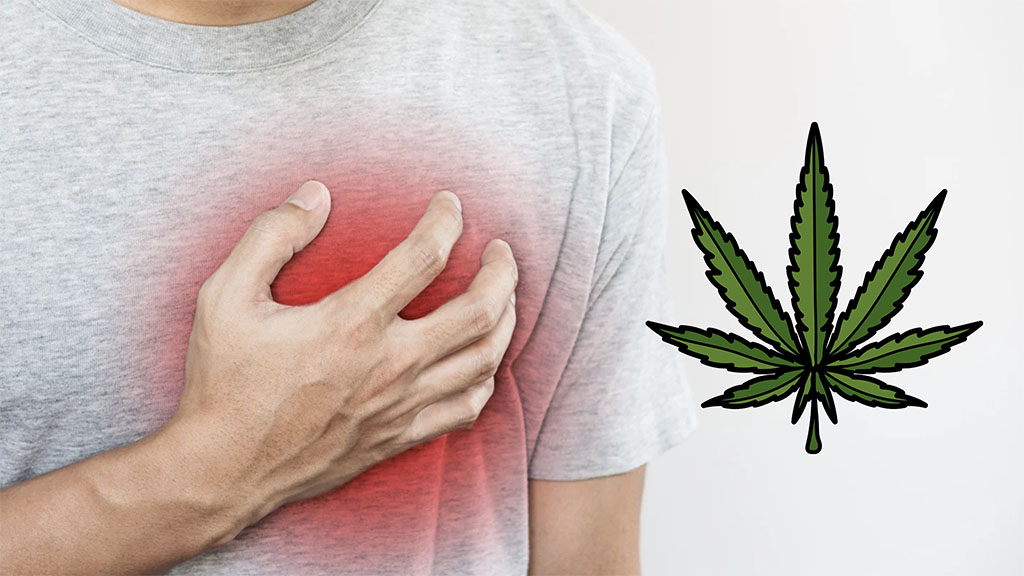
A new study has found that daily cannabis users are 34% more likely to develop heart failure than non-users.

Mainstream media, particularly here in New Zealand, is making a big deal about the supposed benefits of magic mushrooms, more often thought of as psychedelics and technically involving the chemical compound psilocybin, found in some mushrooms.
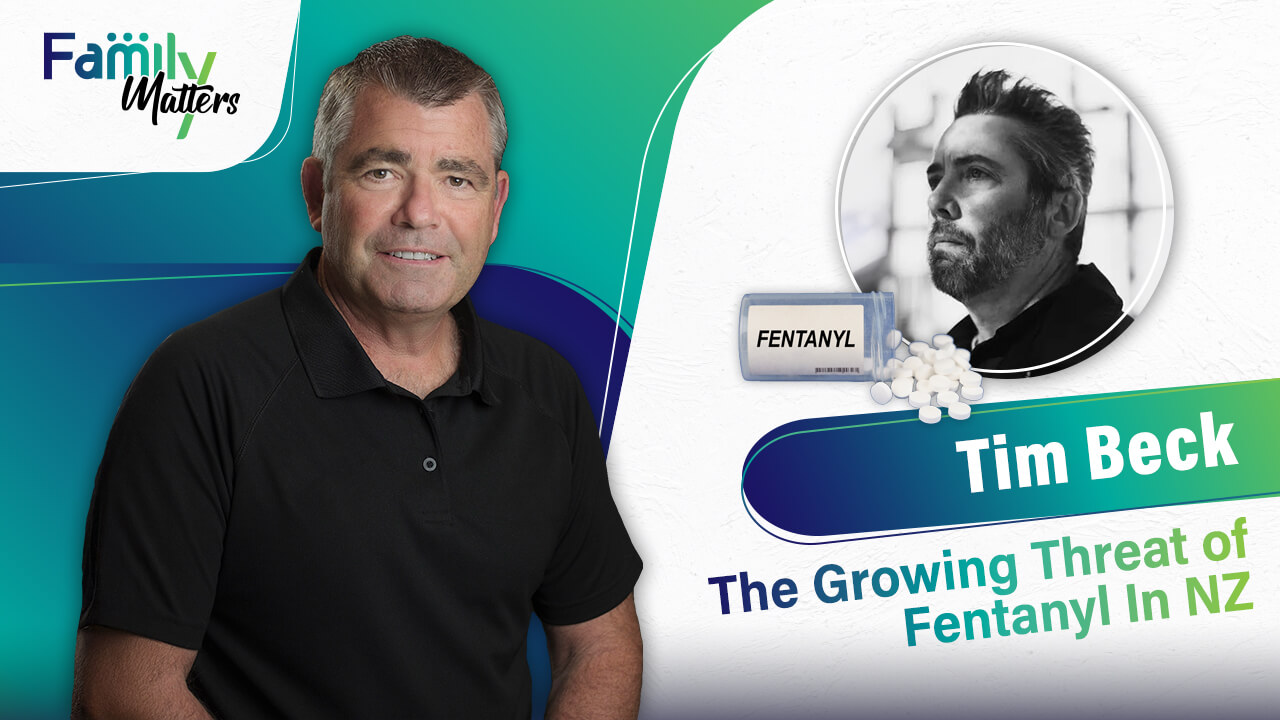
As the use of this potent synthetic opioid grows in New Zealand, so does its devastating impact. Our discussion with Tim Beck from the US offers us an in-depth look at the widespread reach of fentanyl, the lessons we can learn from the US experience, and strategies to combat its alarming rise in our communities.
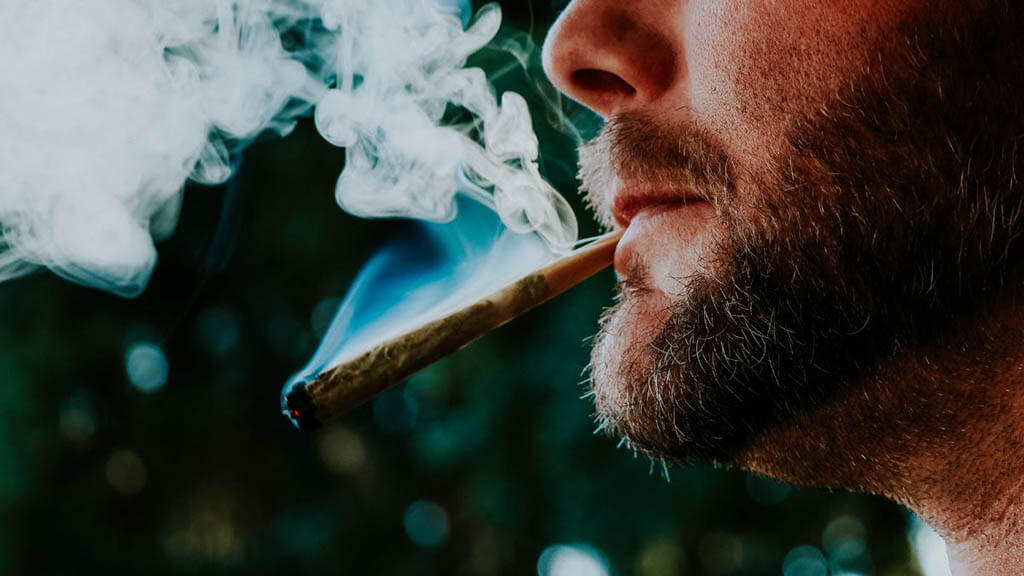
Thailand, the first Asian country to decriminalise cannabis in 2022, is now preparing to reverse its course by restricting cannabis use solely to medical purposes.
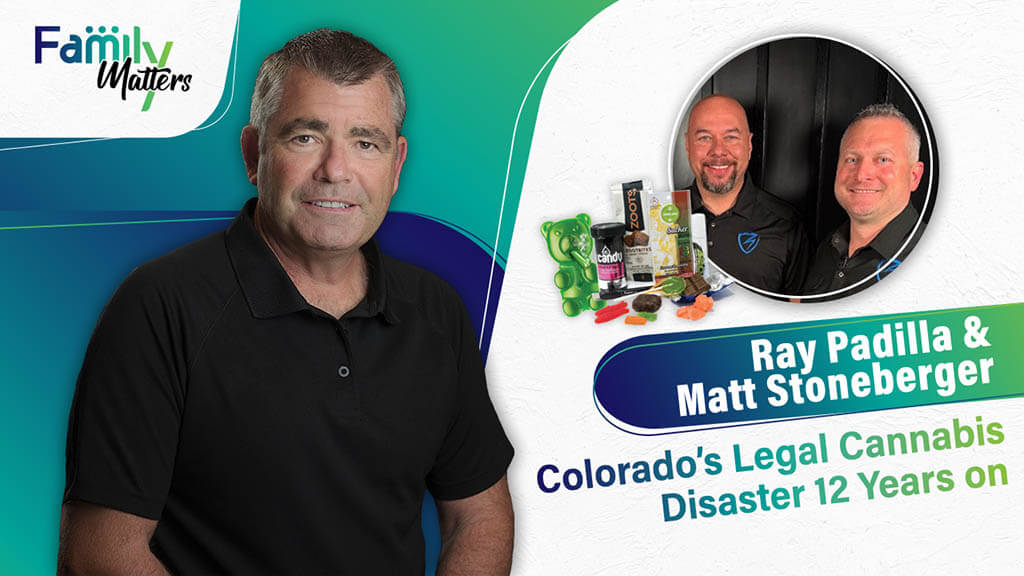
The majority of New Zealanders thankfully voted NO to legalising the recreational use of cannabis – despite significant campaigning by the mainstream media, politicians and even government-funded organisations! But in this candid discussion of Colorado’s marijuana legalisation experiment, we find out what worked, what didn’t, and the lessons New Zealand must learn. Find out the consequences for public safety, law enforcement, and community health of legalising dope – and why New Zealand dodged a bullet in 2020. RAY PADILLA is an experienced Task Force Officer with a dedicated history in the law enforcement industry. He is an international law enforcement trainer and the Co-Founder of BlueVudu Training. MATT STONEBERGER is an Agent-in-Charge at the Colorado Bureau of Investigation (CBI) and is assigned to the CBI’s Special Investigations & Illicit Marijuana Unit, Denver Team. Before joining CBI, Matt began his career with the Parker Police Department (Colorado) and later worked as an investigator for the 18th Judicial District Attorney’s Office (Colorado).
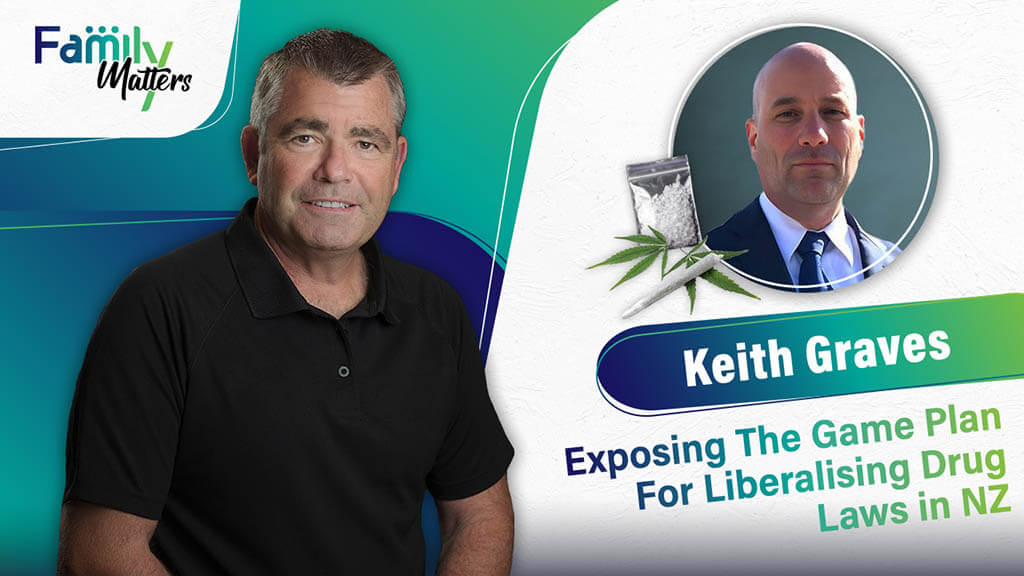
[The Drug Detection Agency (TDDA) recently held their 20th Anniversary Conference in Auckland, and Family First were granted access to interview some of the top international experts who were speaking at the conference. (Thanks TDDA!)] In the second of a series, we speak to KEITH GRAVES, a retired Sergeant, Narcotics Detective, SWAT Team member & Drug Recognition Expert Instructor in California. Keith outlines the ‘game plan’ and ‘marketing’ of drug liberalisation (medicinal marijuana, recreational marijuana, all drugs) which is clearly being used in New Zealand by drug proponents. He also exposes the harm of ‘drug testing’ which actually enables, not deters, and warns us that Mexican drug cartels are already operating in New Zealand offering fentanyl and ‘pink’ cocaine & other drugs. Keith offers advice to parents & churches for protecting children from drug use – and explains how harmful decriminalisation would be, and why strong enforceable laws are essential in protecting communities & families.
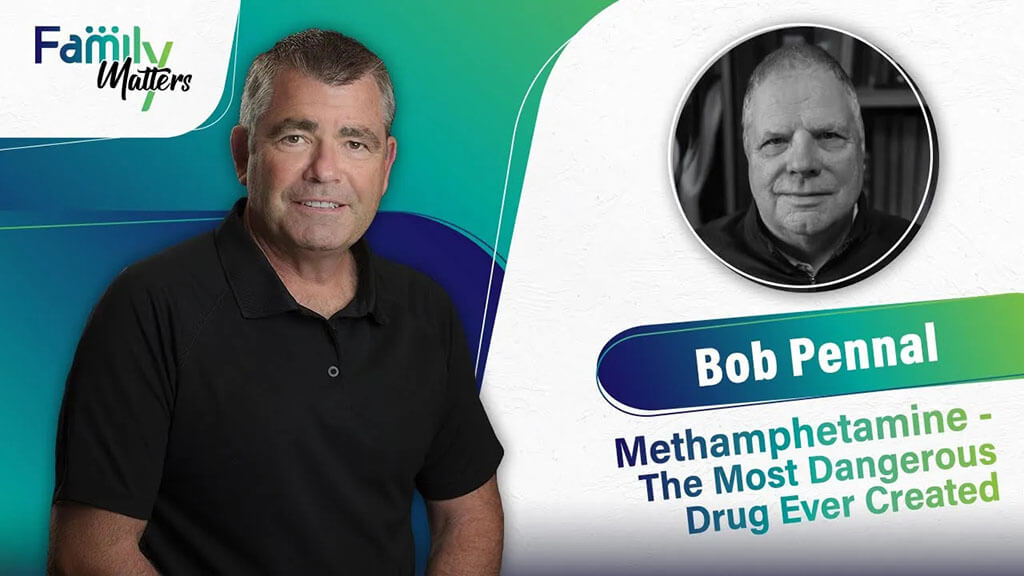
The Drug Detection Agency (TDDA) recently held their 20th Anniversary Conference in Auckland, and Family First were granted access to interview some of the top international experts who were speaking at the conference. (Thanks TDDA!) In the first of a series, retired Special Agent Supervisor (SAS) BOB PENNAL who worked in the Office of the Attorney General, California Department of Justice, and Bureau of Narcotic Enforcement in the California Department of Justice explains why methamphetamine (‘P’) presents unprecedented dangers to families, communities, and Police. He also explains the folly of ‘drug testing’, the link between meth and other drugs, and why the drug cartels find New Zealand so attractive. we conclude with some advice for parents and families.
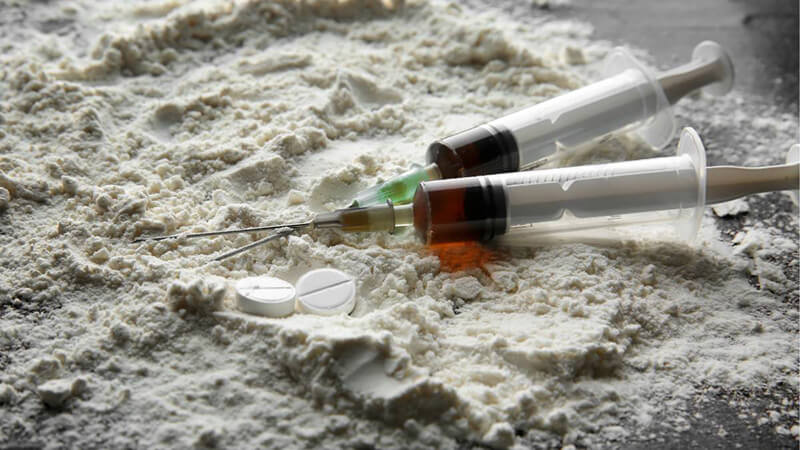
“Have a safe trip! Your handy guide to happy drug taking” is an article by The Spinoff which should be reported to Police (and the Minister of Police) for its irresponsible promotion of drug use. It’s not the first time the media have published drug-friendly articles, but this one takes things to a new level. It’s possibly the most irresponsible article we’re read on this subject.
The article opens with “Planning to take illicit drugs this summer? You’re not alone – hundreds of thousands of New Zealanders will, despite the fact that (gasp!) drugs are still illegal.” So it’s obvious where The Spinoff stand on this matter – they’re effectively promoting drug use and mocking the fact that (gasp) … drugs are still illegal in this country. Thankfully these harmful drugs are still illegal in New Zealand, because they’re extremely dangerous and addictive. Drug-avoidance is the only safe option.
While the Spinoff article attempts to give some “safety tips” it’s mostly about promoting drug-use rather than drug-avoidance. The article even compares coffee to MDMA, stating that neither is 100% safe. This is an absurd and dangerous comparison to make… having a morning coffee is nothing like popping party pills containing MDMA (and who knows what other substances are in those pills).
Here are some other excerpts from this Spinoff article:
“when it comes to illicit substances, a little planning goes a long way.”
“The truth is, no drug use is 100% safe. From coffee to MDMA, every substance comes with risks.”
“If you visit a drug checking service, they can help you figure out the right dose.”
“When taking a substance for the first time, start low and go slow. Remember – you can always take more, but you can’t take less.”
“Figure out what kind of things you want to do, where you want to go, and how you want to take your drugs.”
“Route of administration is the technical term for “what hole does it go in?” The safest ROA is different for each substance and dosage, so do your research.”
“the few days after taking a substance are a great time to integrate your experience. Some drugs have a “critical period” ranging from about 12 to 72 hours after ingestion where the brain is more neuroplastic – this is the time to try to embed your new learnings and experiences into your normal life.”
The 2 most popular “party drugs” are cocaine and MDMA (marketed as Ecstasy). More and more kiwis are also consuming Methamphetamine (P). All of these drugs are extremely dangerous and carry significant health risks. Cocaine can lead to dangerous heart issues, including heart attacks and strokes, as well as long-term damage to the brain, liver, and kidneys. It also increases the risk of addiction and severe psychological effects such as anxiety, paranoia, and hallucinations. MDMA can cause extreme dehydration, overheating, and electrolyte imbalances, potentially leading to life-threatening conditions like heatstroke and serotonin-syndrome. Long-term drug use can result in cognitive deficits, mood disorders, and a weakened immune system. Methamphetamine (P) use is even more dangerous and addictive, causing long-term, irreversible harm to both physical and mental health.
The media regularly write “drug-friendly” articles, and of course they were found to be very much in favour of legalising marijuana leading up to the 2020 cannabis referendum. Fortunately Kiwis voted against legalising marijuana, however this hasn’t stopped the media from continually trying to normalise drug-taking. This latest article by The Spinoff is the worst yet, so we encourage you write a complaint to Police and your local MP.
It’s time that our media cease promoting drug use and focus instead on sharing the harms caused by these illicit drugs.
*Commentary by Family First staff writers.
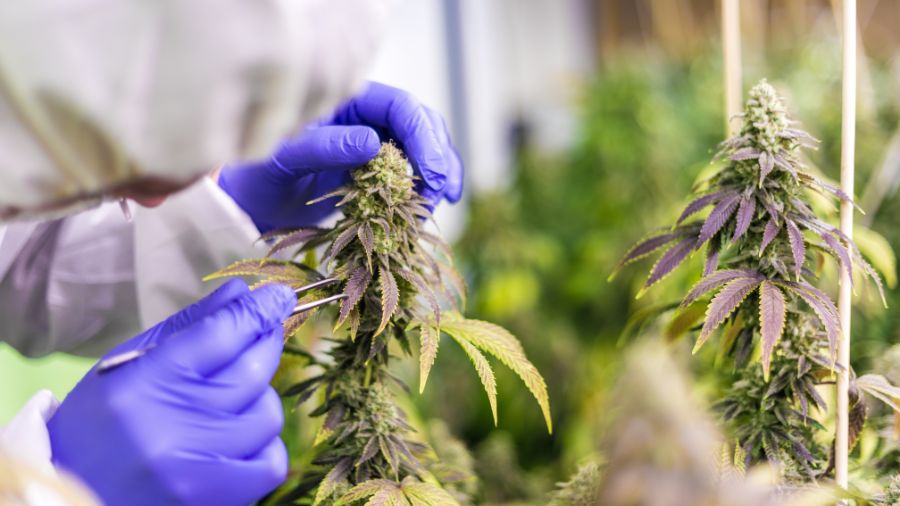
Family First is calling for caution around the use of medicinal cannabis which, when loosely regulated, can result in mental and behavioural disorders due to use of cannabinoids and psychotic episodes.
According to data obtained under the Official Information Act by Family First in August, New Zealand health authorities say that 461 patients have had a primary diagnosis of Mental and behavioural disorders due to use of cannabinoids, psychotic disorder in the last recorded 12-month period (22/23) – rising from 376 in 2019/20 – an increase of 23% over four years.
According to a recent report in Australia, “doctors are warning of a significant increase of people ending up in hospital with psychosis after being prescribed the drug. Their concerns come amid a proliferation of “single-issue” cannabis clinics setting up in Australia, some of them willing to prescribe via telehealth consultations with few checks. Brett Emmerson, Queensland chair of the Royal Australian and New Zealand’s College of Psychiatrists, says the college wants stronger regulations of medicinal cannabis products and prescribing practices.”
This is now a prospect for New Zealand, as reported in Newsroom today. Telehealth provider Dispensed which offers medical cannabis to patients through questionnaires and online appointments wants to set up shop in New Zealand.
It appears that Big Marijuana wants to sneak into New Zealand via the smokescreen of medicinal cannabis – which we always warned would happen. Combined with high-THC products, we are setting up the perfect storm of health and social problems associated with the drug.
The prescriptions for ‘medicinal’ cannabis is increasing in New Zealand, increasing from 22,506 in 2021 to 108,000 last year and 160,000 in the most recent period.
But it appears that the industry is becoming the wild west with high potency THC products being made available. During the Referendum in 2020, Patrick Gower found growers who were manufacturing a concentrated cannabis resin (dab) with an incredibly potent 81 percent tetrahydrocannabinol (THC).
Dr Marta Rychert, a senior researcher at Massey University who with co-author Associate Professor Chris Wilkins have just published NZ Medical Journal: Implementation of the Medicinal Cannabis Scheme in New Zealand: six emerging trends warn about the increasing prevalence of products high in THC, and the rise of private cannabis clinics.
Dr Rychert says “My hope is that cannabis clinicians prescribe responsibly.” But medicine should never be based on ’hoping’ that clinicians do the right thing, especially when it comes to such a controversial ‘medicine’.
Just last week, two men in Australia with mental health conditions were prescribed medical cannabis by a pharmacist who founded a medicinal cannabis company . One was hospitalised with psychosis, the other took his own life.
There are justified concerns about the prevalence of online prescriptions without adequate patient-doctor interactions. The report says that while medicinal cannabis is legal in Australia for certain conditions like severe childhood epilepsy and cancer-related vomiting, it’s often prescribed for anxiety and insomnia despite lacking evidence of effectiveness.
In 2021, the Faculty of Pain Medicine at the Australian and New Zealand College of Anaesthetists (ANZCA) said that there is no robust evidence from gold-standard studies that proves cannabinoid products effectively treast chronic non-cancer pain.
A significant study released at the time of the referendum found that “people who smoked marijuana on a daily basis were three-times more likely to be diagnosed with psychosis compared with people who never used the drug. For those who used high-potency marijuana daily, the risk jumped to nearly five-times.” By “high-potency” the researchers meant marijuana with THC content of just 10%+.
A study released in 2017 in the US and published in the journal JAMA Psychiatry found that marijuana use and marijuana use disorders – in which people use the drug in unhealthy or abusive ways – increased at a “significantly greater rate” in states with medical marijuana laws than in states without the laws.
Family First has always supported the expansion of further quality research into the components of the marijuana plant for delivery via non-smoked forms (‘medicinal cannabinoids’ products), and the establishment of a programme that allows seriously ill patients to obtain other non-smoked components of marijuana approved and listed by the Ministry of Health via their GP – but with appropriate regulation around safety and efficacy.
The Health Ministry needs to step up and ensure robust monitoring and enforcement of this new industry.
ENDS